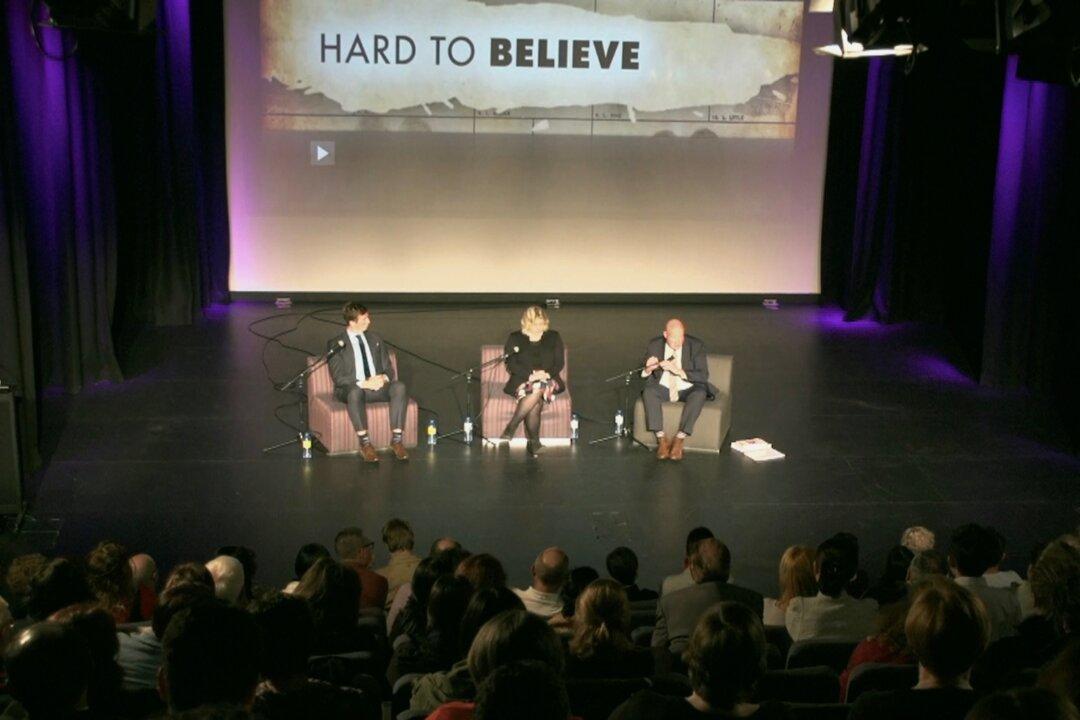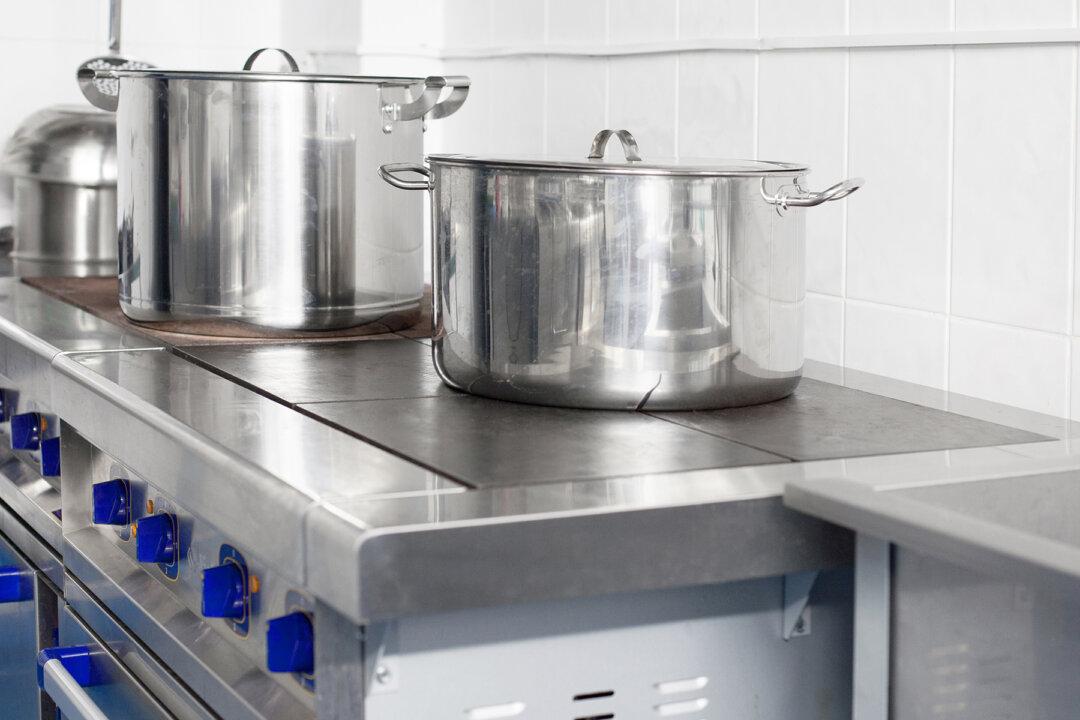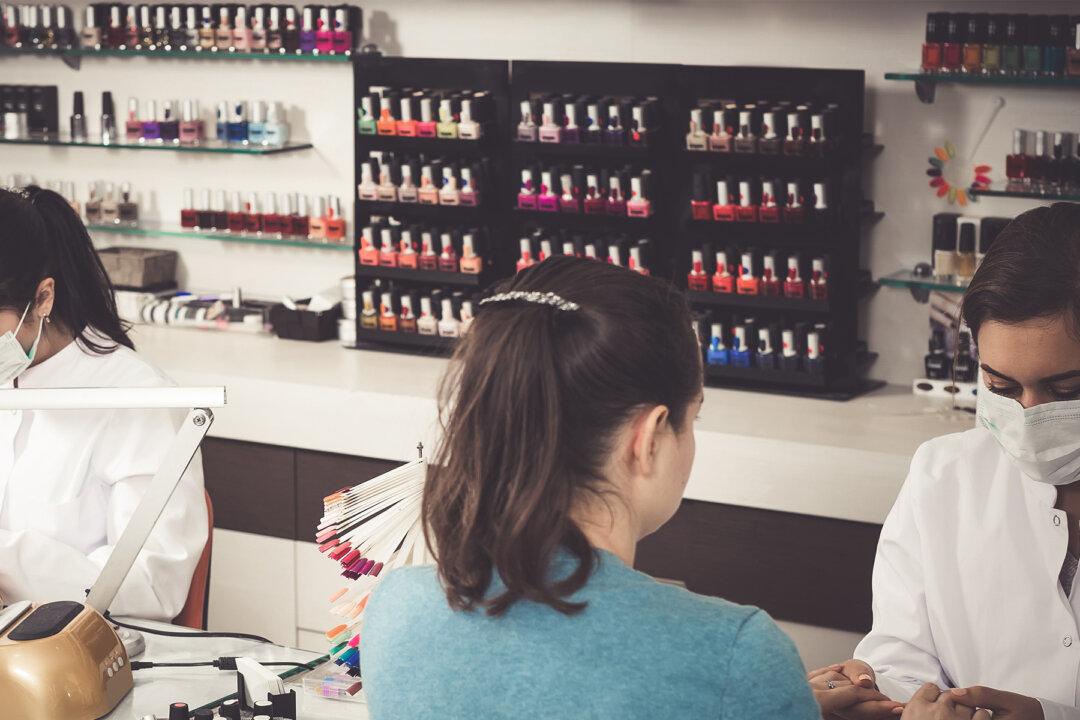BRISBANE, Australia—American author and China analyst Ethan Gutmann says China’s illegal organ transplant trade continues, despite assurances from Chinese officials that it has stopped, and Gutmann says he has the evidence to prove it.
In an update of his book “Slaughter,” which suggests the Chinese state uses illegal organ harvesting as a means of disposing of dissidents, Gutmann looks in detail at Chinese official data. He identifies that transplant numbers continue to soar, up to 100,000 a year, without officially identified sources and despite claims by Chinese authorities that the numbers are only around 10,000 transplants a year.
“I defy anyone to go through the report and come out the other end and say ‘Oh there is some sort of change in the velocity and trajectory of the Chinese transplant program,” Mr. Gutmann told NTD. “You won’t be able to do it because what you will see are construction programs, new transplant wings and absolutely unshakable confidence that organs will be sourced for China into the future.”
An award-winning human-rights investigator, Mr. Gutmann is touring Australian and New Zealand state capitals this month to coincide with the launch of a documentary on the issue titled “Hard to Believe.” He was speaking as a member of a panel during a Q&A session following the screening of the documentary at the Queensland Multicultural Centre, in Brisbane on August 11.





